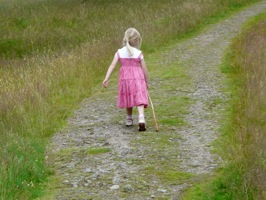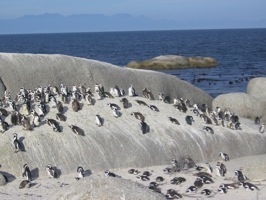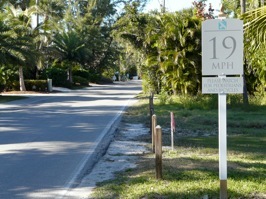Having struggled against a pretty strong tide for some years in a bid to get the causes of climate change reconsidered, I suppose I should be delighted to find the water suddenly flowing in the other direction.
Even such august institutions as the BBC and the Guardian newspaper have switched from being unquestioning backers of human-caused climate change to asking awkward questions about the methods used to arrive at such a verdict.
E-mail messages that somehow slipped out of the University of East Anglia’s Climate Research Unit have revealed that crucial climate data was omitted, manipulated or mislaid, and that dubious methods were employed to silence sceptics and get round the Freedom of Information Act.
It has been revealed elsewhere that the Intergovernmental Panel on Climate Change made a hugely inaccurate claim about the speed that Himalayan glaciers are melting, and that this claim was made specifically to encourage politicians to take “concrete action”.
In similar vein, IPCC allegations that global warming is linked to natural disasters such as hurricanes and floods have been shown to have no scientific basis, but were based on publicity from organisations with political rather than scientific motives.
Interviewed by the Sunday Times, disaster loss expert Dr Roger Pielke Jr said: “All the literature published before and since the IPCC report shows that rising disaster losses can be explained entirely by social change. People have looked hard for evidence that global warming plays a part but can’t find it.”
According to Dr Pielke, “as much as 40 per cent of the Stern Review projections for the global costs of unmitigated climate change” derive from this miscalculation. The original figures, I understand, have now been altered in the Stern Report, but the wrong conclusions remain.
All this is now being discussed openly. So why am I not delighted? Because of the capacity of politicians to carry on regardless.
The Tories who, like nearly all UK politicians, ignore all the counter-evidence being thrown up against human-caused climate change, are now intending to ally themselves with Lord Stern to advise on the creation of a “Green Investment Bank”.
And Climate Change Secretary Ed Miliband says it would be “profoundly irresponsible” to allow recent controversies over scientific data to undermine the fight against global warming, because it would be “devastating” for future generations if the world community did not continue with its efforts to cut carbon emissions.
And that’s another reason I’m not delighted. In any other scientific field, so many problems concerning the data would result in a total rethink of the conclusions, and probably of the whole hypothesis. In climate science, it seems, the conclusions exist independently of the data.
What has happened in effect is that the whole process in dealing with so-called human-induced climate change has proved so much to the liking of politicians that they are not interested in whether it’s true any more.
In fact, it would be so embarrassing for them if it were not true that they will ignore the possibility as long as they can.
As a result, pieces of “evidence” of human-induced climate change that had been hyped and widely publicised to get support from the well-intentioned now magically become minor errors of little significance.
Of course there are good things to come out of the policies being pursued. Energy saving and eco-awareness, for instance. But there are bad things too: massive unnecessary costs imposed on industry in a recession; hectares of ugly, inefficient windfarms despoiling the countryside; reduction of road-building; unrealistic and draconian traffic restrictions; the carbon credit money-making scams.
So no, I’m not delighted. I’m not delighted at being called a denier, as in holocaust. I’m not delighted at being accused of not caring about the future.
I’m not delighted that respected scientists are abused and silenced, and their work being described as “voodoo science” when it is actually rigorous and precise. I’m not delighted at the politicians, lobbyists and engine-drivers on the IPCC masquerading as scientists and altering research to fit their own ambitions.
I really am hard to please, aren’t I?
There’s a reason for this
A pleasant weekend among the hills and dales of Derbyshire recently was marred by the bizarre speed limits – not in the hills but on the roads.
Even more annoying than the ridiculously low limits were the patronising signs reading “It’s 50 for a reason”.
Of course it’s 50 for a reason. Even I don’t think it’s a totally random figure. But is it a good reason?
Too often the reasoning seems to be: take a perfectly safe speed and subtract a minimum of 10mph.
Deeper down, the reason could simply be that the highways authority are a bunch of hopeless drivers.


